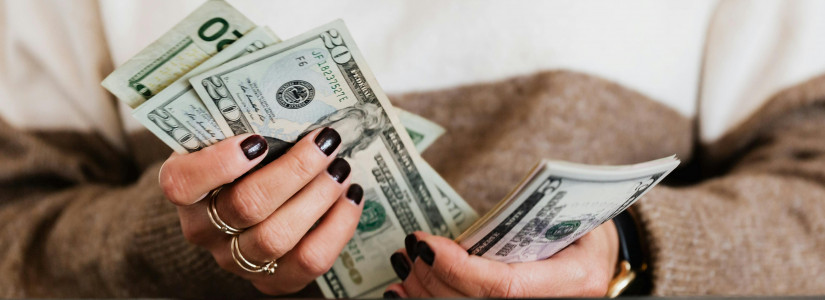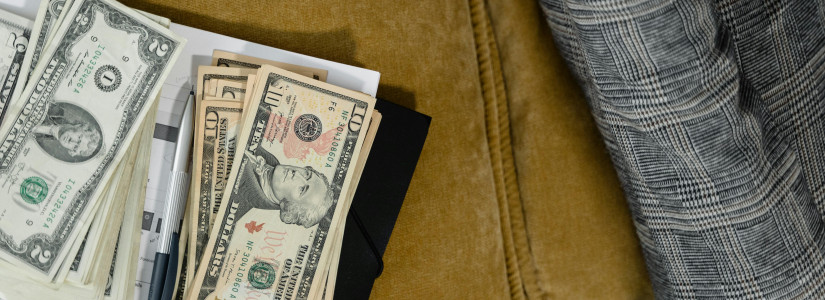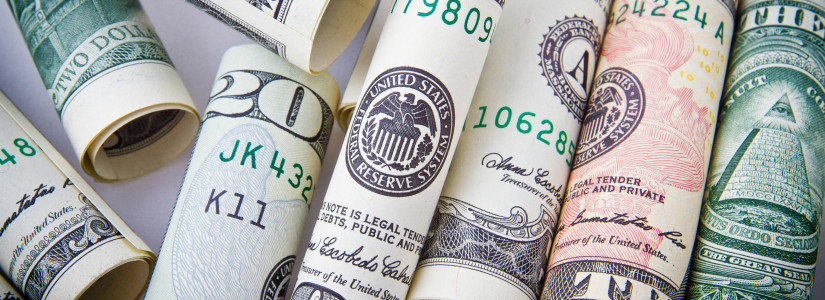Uncovering Unclaimed Funds: How to Find Money You Didn't Know You Had
Have you ever heard of unclaimed funds? These are funds that have been abandoned or forgotten but are still rightfully yours.
Unclaimed funds can come in a number of forms, such as uncashed paychecks, forgotten savings accounts, unclaimed tax refunds, and more. The good news is that it’s not hard to find out if you have unclaimed funds. In fact, it’s surprisingly easy. You may have unclaimed funds waiting for you, and this article will explain how to find them.
The first place you should start looking for unclaimed funds is the national database. This is an online database of unclaimed funds from all 50 states and the District of Columbia.
The database is run by the National Association of Unclaimed Property Administrators (NAUPA) and is free to use. All you need to do is enter your name and the state you live in. The database will then search all the states and any funds that are associated with your name will show up.
If you don’t find any results in the national database, you should then check with your state. Every state has its own website or department dedicated to unclaimed funds, so you’ll need to do a search for “[your state name] unclaimed funds” to find it.
Once you find the website, you can search for your name and see if you have any unclaimed funds. Some states also have helpful resources, such as lists of common types of unclaimed funds and how to claim them.
If you don’t find any results in the national or state databases, you should then check with your employer or bank. Employers are required to report any uncashed paychecks to the state, and banks must report any unclaimed savings accounts. So if you had an uncashed paycheck or a forgotten savings account, your employer or bank may still have the money. All you need to do is contact them and ask if they have any unclaimed funds associated with your name.
If you’re unsure of who your employer or bank is, you can find this information on your tax return or on your bank statements. You may also be able to search for unclaimed funds through the website of your former employer or bank. Just make sure you check all of your former employers to be sure you don’t miss anything.
When contacting your employer or bank, you’ll need to provide proof of your identity. This may include a copy of your driver’s license or passport as well as proof of your address and any other relevant documents. This is to ensure that the funds are being given to the right person.
If you find any unclaimed funds, you’ll need to claim them, and you'll want to, of course. The process for claiming funds can vary depending on the type of funds and the state you live in, so it’s best to check with your state’s unclaimed funds website for specific instructions.
In most states, you can start the process of claiming unclaimed funds by filling out a claim form, which is usually available on the state’s unclaimed funds website. You may also need to provide proof of your identity, such as a driver’s license or passport.
Once you’ve completed the claim form and provided proof of identity, you will need to submit your claim. Depending on the state, you may be able to submit a claim online, by mail, or in person. Make sure to keep a copy of your claim form and all supporting documents for your records.
Once your claim is approved, you will receive the funds in the form of a check or direct deposit. In some cases, you may need to sign a release form.
It’s surprisingly easy to find out if you have unclaimed funds. The process for claiming funds can vary depending on the type of funds and the state you live in, so it’s best to check with your state’s unclaimed funds website for specific instructions.
Unclaimed funds can come in a number of forms, such as uncashed paychecks, forgotten savings accounts, unclaimed tax refunds, and more. The good news is that it’s not hard to find out if you have unclaimed funds. In fact, it’s surprisingly easy. You may have unclaimed funds waiting for you, and this article will explain how to find them.
Start by Searching the National Database
The first place you should start looking for unclaimed funds is the national database. This is an online database of unclaimed funds from all 50 states and the District of Columbia.
The database is run by the National Association of Unclaimed Property Administrators (NAUPA) and is free to use. All you need to do is enter your name and the state you live in. The database will then search all the states and any funds that are associated with your name will show up.
Check With Your State
If you don’t find any results in the national database, you should then check with your state. Every state has its own website or department dedicated to unclaimed funds, so you’ll need to do a search for “[your state name] unclaimed funds” to find it.
Once you find the website, you can search for your name and see if you have any unclaimed funds. Some states also have helpful resources, such as lists of common types of unclaimed funds and how to claim them.
Check with Your Employer or Bank
If you don’t find any results in the national or state databases, you should then check with your employer or bank. Employers are required to report any uncashed paychecks to the state, and banks must report any unclaimed savings accounts. So if you had an uncashed paycheck or a forgotten savings account, your employer or bank may still have the money. All you need to do is contact them and ask if they have any unclaimed funds associated with your name.
If you’re unsure of who your employer or bank is, you can find this information on your tax return or on your bank statements. You may also be able to search for unclaimed funds through the website of your former employer or bank. Just make sure you check all of your former employers to be sure you don’t miss anything.
When contacting your employer or bank, you’ll need to provide proof of your identity. This may include a copy of your driver’s license or passport as well as proof of your address and any other relevant documents. This is to ensure that the funds are being given to the right person.
Claim Your Funds
If you find any unclaimed funds, you’ll need to claim them, and you'll want to, of course. The process for claiming funds can vary depending on the type of funds and the state you live in, so it’s best to check with your state’s unclaimed funds website for specific instructions.
In most states, you can start the process of claiming unclaimed funds by filling out a claim form, which is usually available on the state’s unclaimed funds website. You may also need to provide proof of your identity, such as a driver’s license or passport.
Once you’ve completed the claim form and provided proof of identity, you will need to submit your claim. Depending on the state, you may be able to submit a claim online, by mail, or in person. Make sure to keep a copy of your claim form and all supporting documents for your records.
Once your claim is approved, you will receive the funds in the form of a check or direct deposit. In some cases, you may need to sign a release form.
Start Your Search for Unclaimed Funds Right Now
It’s surprisingly easy to find out if you have unclaimed funds. The process for claiming funds can vary depending on the type of funds and the state you live in, so it’s best to check with your state’s unclaimed funds website for specific instructions.












